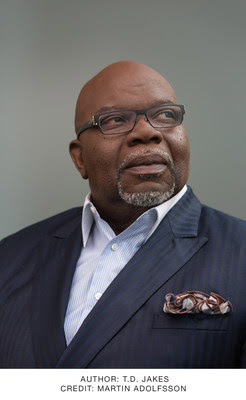The Ministry of Health, with support from the Irish Government, the World Health Organization (WHO) and UNICEF, recently launched an accelerated COVID-19 vaccination campaign at the Boma Grounds in Moroto, to drive up the COVID-19 vaccine uptake. The campaign is targeting 9 districts in the Karamoja region to increase vaccine uptake from the current 16% to more than 90%.
The target districts include Abim, Amudat, Kaabong, Karenga and Kotido. The other districts are Moroto, Nabilatuk, Nakapiripirit and Napak and they will benefit from over 500,000 vaccine doses which will be administered to all eligible persons. The vaccines were acquired through the
During the campaign launch, the Minister of Health, Honorable Dr Jane Ruth Aceng said, “while Uganda is currently experiencing a decrease in the new COVID-19 cases, vaccination which was very instrumental in bringing the cases down should be promoted and taken up by all who are eligible.”
She mentioned that vaccination coupled with other public health measures including and not limited to social distancing, the appropriate wearing of masks is the only effective way Uganda will fight the pandemic.
“Although we are currently out of a danger, as shown by the current positivity rate standing at 2%, the mortality rate continues to go up especially for the elderly who are unvaccinated. Let us vaccinate, and those who are above 50 years of age get your booster shots,” she said.
She further appreciated all partners including Irish AID, WHO and UNICEF for the continued support in the COVID-19 response.
The Permanent Secretary of the Ministry of Health, Dr Diana Atwine re-echoed the Minister’s message calling on the people of Karamoja and Uganda at large to use the vaccines provided by the Ministry and partners. “If we vaccinate, we are safer, however, the lack of vaccination will lead to a stretch in the health system. Let us follow the guidance from the Ministry of Health and WHO,” she said.
The WHO Representative in Uganda Dr Yonas Tegegn Woldemariam speaking on behalf of WHO and UNICEF pointed out, “as seen from current statistics, Uganda has not yet reached its target but with the Accelerated Mass Vaccination Campaigns, I am opportunistic that each district will achieve a coverage of 70% by April 2022.”
He further said that through the generous support from partners like the Irish Government, WHO was able to extend both financial and technical support to this accelerated mass vaccination campaign in Karamoja region. It’s expected that the campaign will reduce the risk of severe disease, hospitalization, and death from COVID 19 in the region.
“We also need to prioritize vaccination in schools and as such once we achieve optimal coverage of the over 18 years, we can move to vaccinate the under 18 years as the next phase,” he mentioned.
“Vaccines save lives! But we must continue to observe standard operating procedures, including wearing masks, cleaning hands, good indoor ventilation, keeping physical distance and avoiding crowds,” Dr Yonas concluded.
Whereas the Karamoja region has received adequate quantities of vaccines since the launch of the nationwide vaccine rollout on March 10, 2021, its uptake has remained very low giving a 16% coverage based on the first dose of those above eighteen years (target 598,727), as of 1st February 2022. A total of 106,873 first doses and 23,741 had been administered.
The necessity to reduce the economic impact of the outbreak motivated the Ministry of Health to change course for the narrow prioritization around only high-risk groups to all the vulnerable in a fast-tracked accelerated mass campaign strategy.
WHO’s mandate is to support the Ministry of Health and partners develop capacity and health systems. Vaccinating 598,727 will not only allow increased access to the vaccine by a good proportion of the vulnerable population, which is nomadic pastoralists for the most part but will also eliminate any possibility for wastage of the scarce commodities that are received with a very short shelf life.
The WHO support with funding from the Irish Government includes mobilization and training of additional health workers, intensive social mobilization including mapping and pre-registration of the elderly, conduct vaccination campaigns by region over a period of seven days for the two rounds.
The estimated cost for the two rounds in the Karamoja sub-region is $313,935. In addition, WHO will facilitate real-time data management, strengthen safety surveillance and monitoring and evaluation through coverage survey.
Source: World Health Organization. Africa



